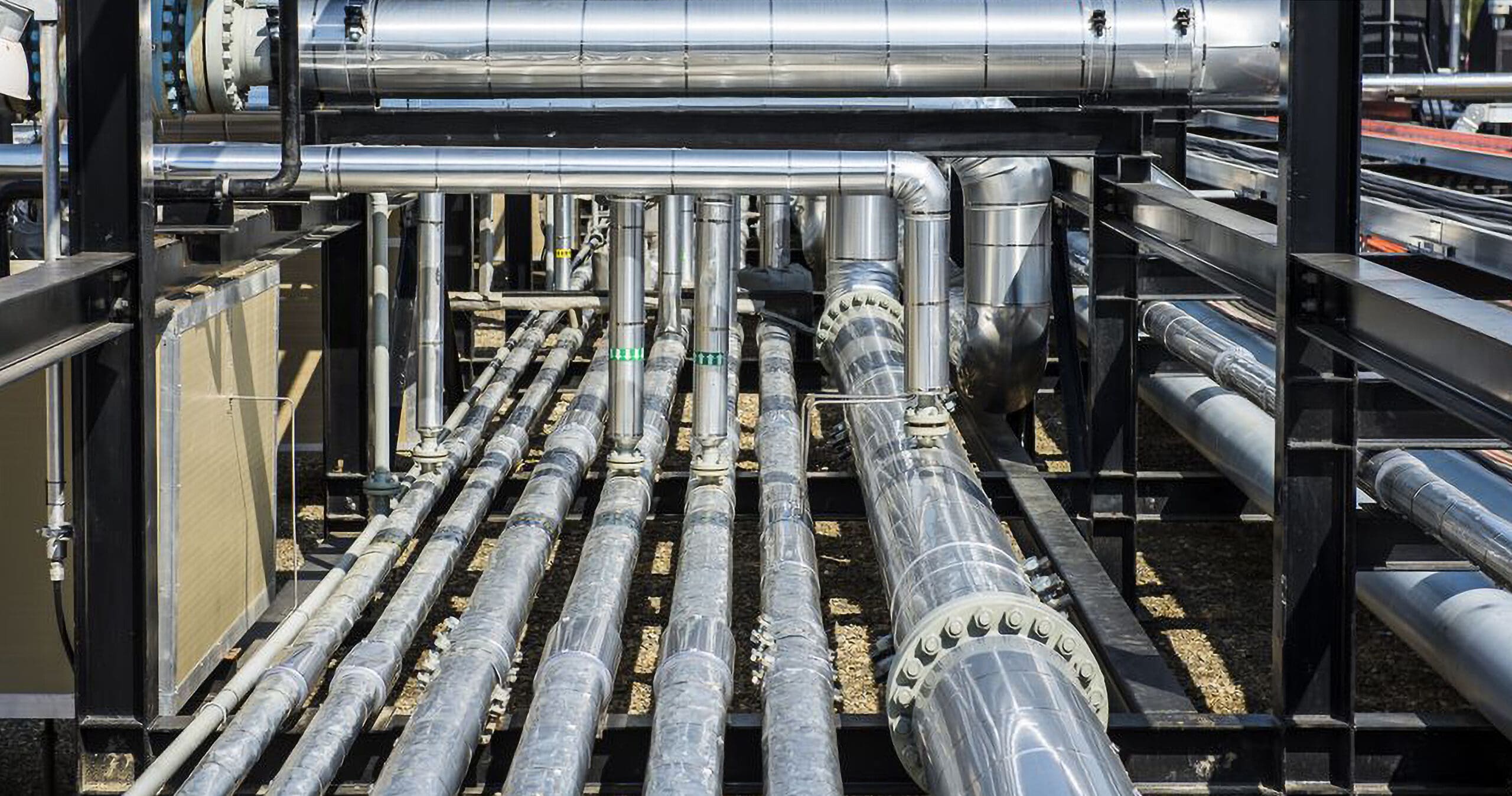Environment & Sustainability
Our publications are available to all at no cost. Please support the CCPA and help make important research and ideas available to everyone. Make a donation today.
-

The Alberta-Canada MOU is an early Christmas present for the oil and gas industry
A detailed memorandum of understanding (MOU) between the federal and Alberta governments, released late November, looks like a political game-changer but is most likely an…
-

Not a good look: BC’s new environmentally destructive economic plan
After factoring key infrastructure challenges, inflation and the potential for delays and cost overruns, it becomes highly unlikely that the project can be delivered within…
-

Budget fédéral alternatif 2026 : Environnement et changement climatique
Ce que le gouvernement canadien devrait faire en matière de l’environnement et changement climatique. Une véritable indépendance exige un nouveau modèle économique.
-

Alternative federal budget 2026: Environment and climate change
What the Canadian government should do on the environment and climate change. Because true independence needs a new economic model.
-

We are health care workers. We’re already seeing the impacts of climate inaction
The summer of 2025 will be remembered in Canada as the year that wildfires threatened our health and our homes, from coast to coast to…
-

Painting itself into a corner: LNG and the climate-affordability trade-off in B.C.
The B.C. government has painted itself into a corner by claiming to be climate action leaders while at the same time encouraging increased gas production…
-

Ten Trump-proof nation-building projects for a strong, independent Canada
Thanks to decades of concerted action by Canadian businesses and governments—often working in opposition to workers and the broader public interest—the Canadian economy is now…
-

Can BC maintain its climate policies in the face of Trump’s tariff threats?
Even though they’re currently on pause, the threat of Trump tariffs has sent shockwaves through the Canadian economy. British Columbia’s exports to the United States,…
-

Heads in the sands
This report explores the potential social and economic consequences of a large-scale decline in oil sands production due to collapsing demand for Canadian oil exports.…
-

Greening Trade?
This document responds to a Global Affairs Canada and Environment and Climate Change Canada consultation on the functioning to date of the environment chapter in…
-

Connecting Communities
This paper includes an exploration of the positive outcomes of inter-community transportation demonstrated in Manitoba and in other jurisdictions; an overview of current Manitoba provincial…
-

Challenging Nova Scotia’s Climate Change Plan to Do Better
Challenging Nova Scotia’s Climate Change Plan to Do Better analyzes Nova Scotia’s approach to climate action as set out in the province’s 2022 Climate Change Plan,…
Updates from the CCPA
Read the latest research, analysis and commentary on issues that matter to you.
CCPA Updates